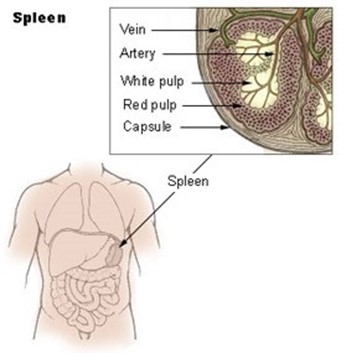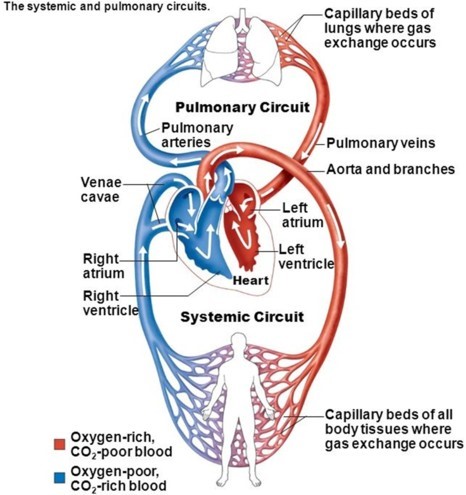A person who is stressed usually will have increased:
Resistance to infections.
Activity of the spleen and other lymphatic organs.
Number of lymphocytes in the blood.
Blood pressure.
The Correct Answer is D
A person who is stressed usually will have increased blood pressure because stress causes the body to release a surge of hormones that make the heart beat faster and the blood vessels narrow.
This can cause a temporary spike in blood pressure, which usually returns to normal once the stressor is gone.
Choice A is wrong because resistance to infections is not increased by stress.
In fact, chronic stress can weaken the immune system and make a person more prone to infections.
Choice B is wrong because the activity of the spleen and other lymphatic organs is not increased by stress.
The spleen and other lymphatic organs are part of the immune system, which can be affected by chronic stress in a negative way.
Choice C is wrong because the number of lymphocytes in the blood is not increased by stress. Lymphocytes are a type of white blood cell that help fight infections.
Chronic stress can reduce the number and function of lymphocytes and impair the immune response.
Nursing Test Bank
Naxlex Comprehensive Predictor Exams
Related Questions
Correct Answer is A
Explanation

It is a major component of the lymphatic system and contains T and B lymphocytes.
Choice B is wrong because the spleen does not produce T lymphocytes, but rather stores them.
T lymphocytes are produced in the thymus.
Choice C is wrong because the spleen does not filter lymph, but rather blood. It traps bloodborne microbes and produces an immune response to them.
Choice D is wrong because the spleen consists of one lobe and is located in the upper left abdomen below the diaphragm.
The description in choice D matches the thymus, not the spleen.
The normal size of the spleen in adults is about 12 cm long, 8 cm broad, and 3-4 cm thick, weighing about 200 g.
The normal range of splenic index (the product of length, width, and thickness) is 120-480 cm.
Correct Answer is D
Explanation
The systemic circuit sends oxygen-rich blood to the tissues.

It is part of the circulatory system that carries blood away from the heart, delivers it to most of the organs and tissues, and returns it to the heart again.
Choice A is wrong because it describes the pulmonary circuit, which brings oxygen-poor blood from the heart to the lungs.
Choice B is wrong because it is the opposite of what the systemic circuit does.
The systemic circuit brings oxygen-rich blood from the heart to the tissues, not from the tissues.
Choice C is wrong because it is also the opposite of what the systemic circuit does. The systemic circuit sends oxygen-poor blood to the heart, not from the heart.
Whether you are a student looking to ace your exams or a practicing nurse seeking to enhance your expertise , our nursing education contents will empower you with the confidence and competence to make a difference in the lives of patients and become a respected leader in the healthcare field.
Visit Naxlex, invest in your future and unlock endless possibilities with our unparalleled nursing education contents today
Report Wrong Answer on the Current Question
Do you disagree with the answer? If yes, what is your expected answer? Explain.
Kindly be descriptive with the issue you are facing.
